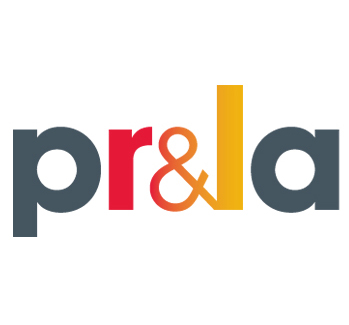It has been almost two years since medical marijuana has been available in Pennsylvania. As reported in a Legal Docket article last summer, Pennsylvania’s Medical Marijuana Act allows patients with certain medical conditions and their caretakers to obtain certification to purchase medical marijuana. When enacted, the Medical Marijuana Act recognized 17 “serious medical conditions” for which medical marijuana could be prescribed. Those conditions included cancer, epilepsy, glaucoma, multiple sclerosis, Parkinson’s disease and severe chronic or intractable pain. More recently, the list of serious medical conditions has been expended to include Tourette’s Syndrome, opioid-use disorders and anxiety disorders. Once certified, the patient and/or the patient’s caretaker may purchase medical marijuana from a licensed dispensary.
The growth of the number of certified medical marijuana users in Pennsylvania been astonishing. In the first year after the registry was launched, there were approximately 51,000 certified medical marijuana users in Pennsylvania. By April 2019, the number of certified users climbed to over 100,000. With this many certified medical marijuana users in Pennsylvania, workplace issues involving medical marijuana are inevitable.
Pennsylvania is one of approximately 13 states that has anti-discrimination protections specifically for medical marijuana users. However, the extent to which such protections extend into the workplace remains somewhat unclear. Furthermore, Pennsylvania courts have not yet directly addressed issues of medical marijuana in the workplace. Because marijuana remains illegal under federal law, questions continue to linger for Pennsylvania employers. Indeed, several conflicting concerns and protections come into play. For example, may an employer punish someone for use of medical marijuana outside of the workplace? Does that constitute disability discrimination? Must an employer provide a reasonable accommodation for an employee’s use of medical marijuana if it impacts their job performance?
Two provisions in the Act address employment-related concerns. First, Section 510 provides that a patient “may be prohibited by an employer” from performing any task the employer deems life-threatening or could result in a public health or safety risk while under the influence of medical marijuana. Second, Section 2103 provides that an employer may not “discharge, threaten, refuse to hire or otherwise discriminate or retaliate against an employee … on the basis of such employee’s status as an individual who is certified to use medical marijuana.” Section 2103 also states that the Act does not “require an employer to make any accommodation of the use of medical marijuana on the property or premises of any place of employment.” Finally, Section 2103 states that “[n]othing in this act shall require an employer to commit any act that would put the employer or any person acting on its behalf in violation of Federal law.”
Exactly what this means for employers remains unclear. As suggested when the law was first enacted, employers should view any employee that is a certified user of medical marijuana as a member of a “protected class” that is protected under the Americans with Disabilities Act (“ADA”) and the Pennsylvania Human Relations Act. While an employer is not required to accommodate an employee’s use of medical marijuana in the workplace, other accommodations may be required. It is highly recommended that if an employee is a certified user of medical marijuana and requests an accommodation, the employer should engage in the “interactive process” with the employee to determine if a reasonable accommodation is possible.
Pennsylvania courts still have not addressed the extent of employers’ obligations under the Act. In some states with medical marijuana statutes, including California, Washington, and Oregon, courts have ruled that employers may strictly enforce zero-tolerance policies, even against a certified medical marijuana user. Courts in other states, such as Massachusetts, have held that employers may be required to make exceptions to workplace drug polices in order to comply with the ADA. Regardless of how Pennsylvania courts may ultimately rule, employers should be familiar with the Act and prepared to properly manage employees at the workplace that are certified to use medical marijuana. •

SHUMAKER WILLIAMS, P.C.
General Counsel,
Pennsylvania Restaurant & Lodging Association
If you have any questions concerning this or other legal issues, please contact Michael E. Rowan (717-763-1121; mrowan@shumakerwilliams.com) at Shumaker Williams, PC, PRLA’s General Counsel.












